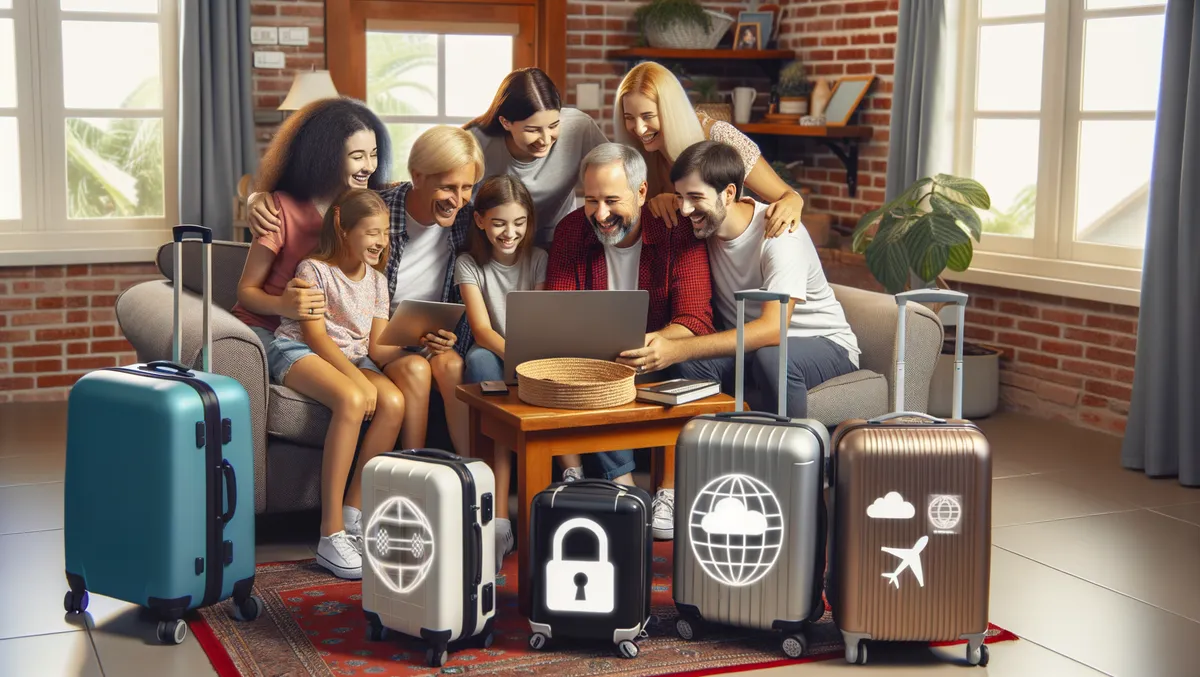
Aussies risk cybersecurity threats during summer holidays
As the summer holidays approach, almost a quarter of Australians have reportedly fallen victim to scams perpetrated by fraudulent travel agents or fake hotel websites. This sobering statistic was revealed in a recent survey by Norton, the globally renowned cybersecurity company, and stresses the urgent need for Australians to enhance their cybersecurity measures before embarking on their forthcoming travels.
The survey indicates that although 54% of Australians have planned holidays for the coming summer, there is a concerning lack of cybersecurity preparedness. Less than half (46%) of Australians book travel on a secure browser, while a similar percentage (45%) use a Virtual Private Network (VPN) when travelling, the report showed. However, there seems to be a high level of fear amongst Australians regarding cyber threats, with 62% fearing the possibility of being hacked while using public networks.
Senior Systems Engineer for Norton, Dean Williams, advises that any form of cyber attack is distressing but proves particularly problematic when one is far from home. "Gaps in Cyber Safety practices can ruin what should be a time for relaxation and cause significant personal and financial ruin," he says.
"When it comes to travelling in our current digital world, keeping your devices safe is just as important as keeping your passport safe," Williams adds.
Williams warns that whilst connectivity is essential for many while travelling, it is precisely this convenience that exposes holidaymakers to a number of cyber risks, such as phishing, identity theft, and malware attacks. He insists that cybersecurity must be considered in travel plans to ensure that holidays remain relaxing and enjoyable.
To aid Australians in maintaining cyber safety during the upcoming summer holiday season, Williams shares a checklist that comprises a number of recommendations. He counsels using a VPN while travelling, updating devices with the latest security patches before setting off, and avoiding public charging ports, which may be infested with malware. Additionally, he advises ensuring mobiles have robust security protection and emphasises the importance of regular updates to this solution.
Backing up data to external hard drives or cloud service is another tip offered by Williams, as this would facilitate continued access to crucial files and photos if devices are misplaced or stolen. Finally, Williams warns of increased phishing attempts during popular travel times. He advises vigilance towards unsolicited communication offering travel bargains, underlining the importance of using trusted platforms for bookings to avoid falling prey to cybercriminals.


